Search

Contact us If you'd like to get in touch, please contact us by phone or email. Phone: 0400 450 240 Email: OPTIMUM@thekids.org.au What is the
Contact us If you'd like to get in touch, please contact us by phone or email. Phone: 0400 450 240 Email: vtg@thekids.org.au Pneumococcal disease is
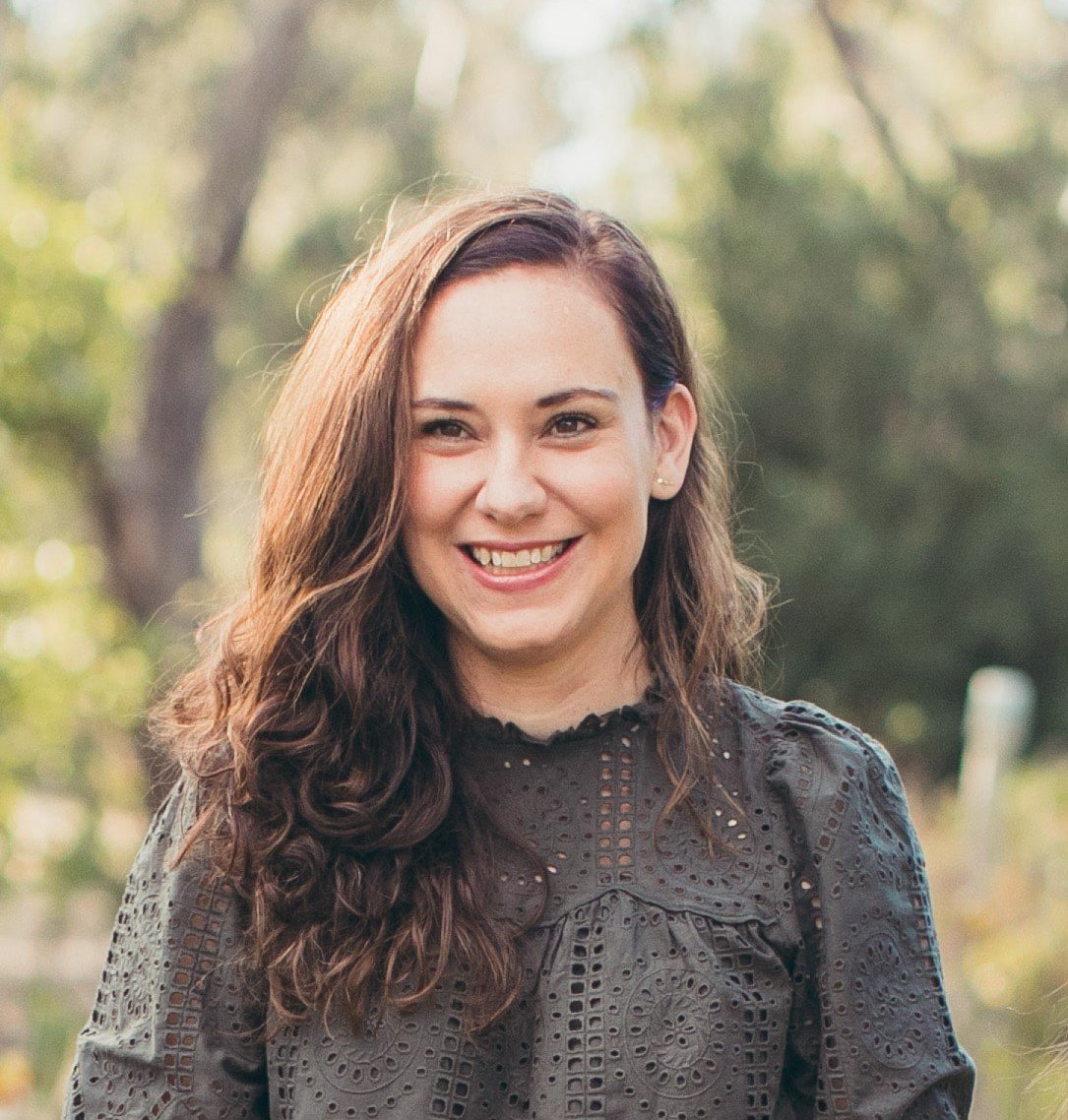
News & Events
Maths, modelling and RSV: the unique combo driving virus preventionThe Kids Research Institute developed a world-first RSV transmission model using real data to predict the impact of WA’s immunisation program for young children.
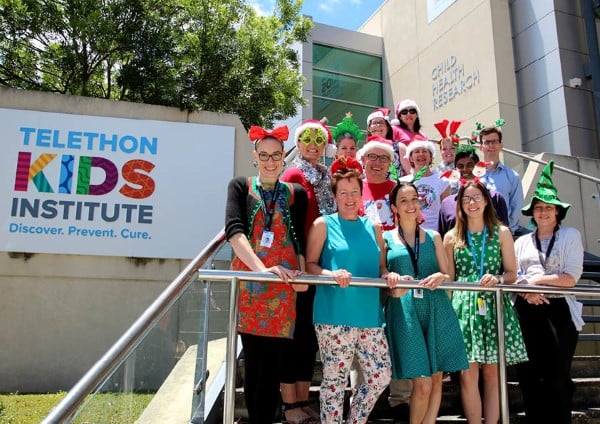
Wrap up of the people, projects and updates from 2017 in the Vaccine Trials Group research area, and Dr Peter Richmond.
Contact us If you'd like to get in touch, please contact us by phone or email. Phone: 0400 450 240 Email: vtg@thekids.org.au Respiratory Syncytial
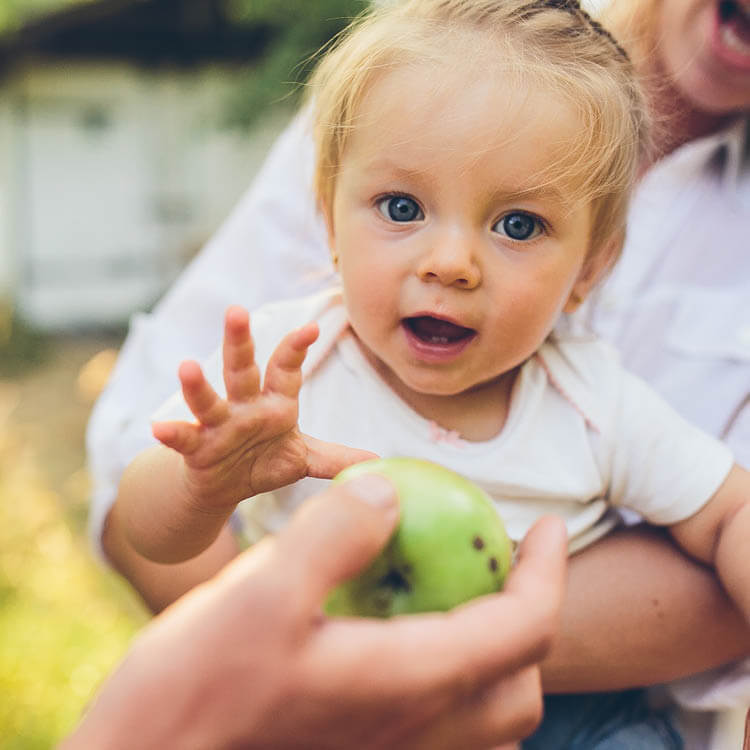
Meningococcal disease is caused by the bacteria Neisseria meningitidis, or 'meningococcus'. It's an uncommon but very serious disease that can result in death.
The Wesfarmers Centre is pleased to announce the successful recipients for the 2021 Round 2 Seed Funding Grants. Julie Hibbert | Validating a
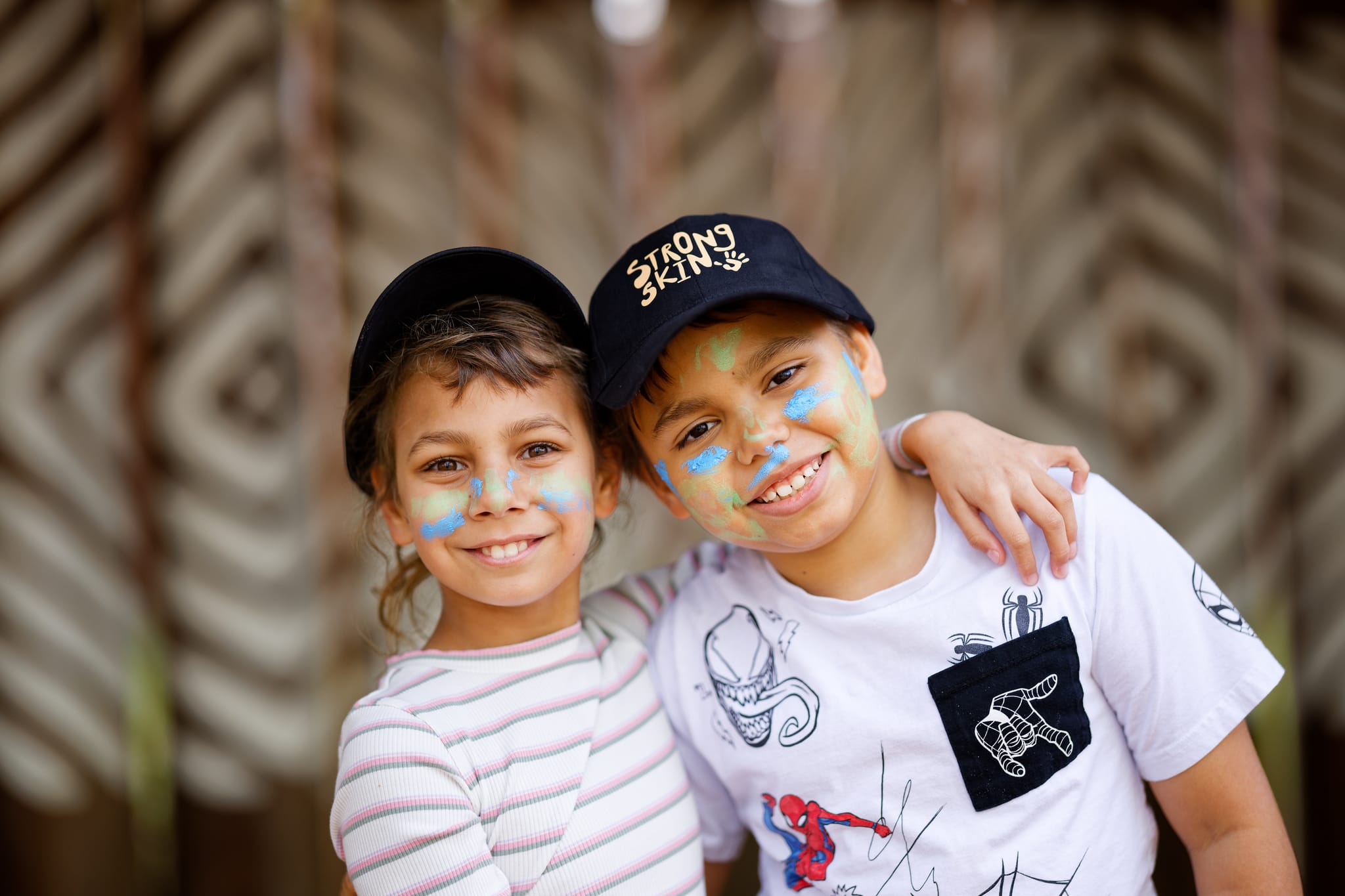
News & Events
Major NHMRC grant prioritises strong skin for Aboriginal childrenEfforts to improve health outcomes for Aboriginal children have been accelerated thanks to almost $1 million in National Health and Medical Research Council (NHMRC) funds awarded to skin health researchers at The Kids Research Institute Australia.
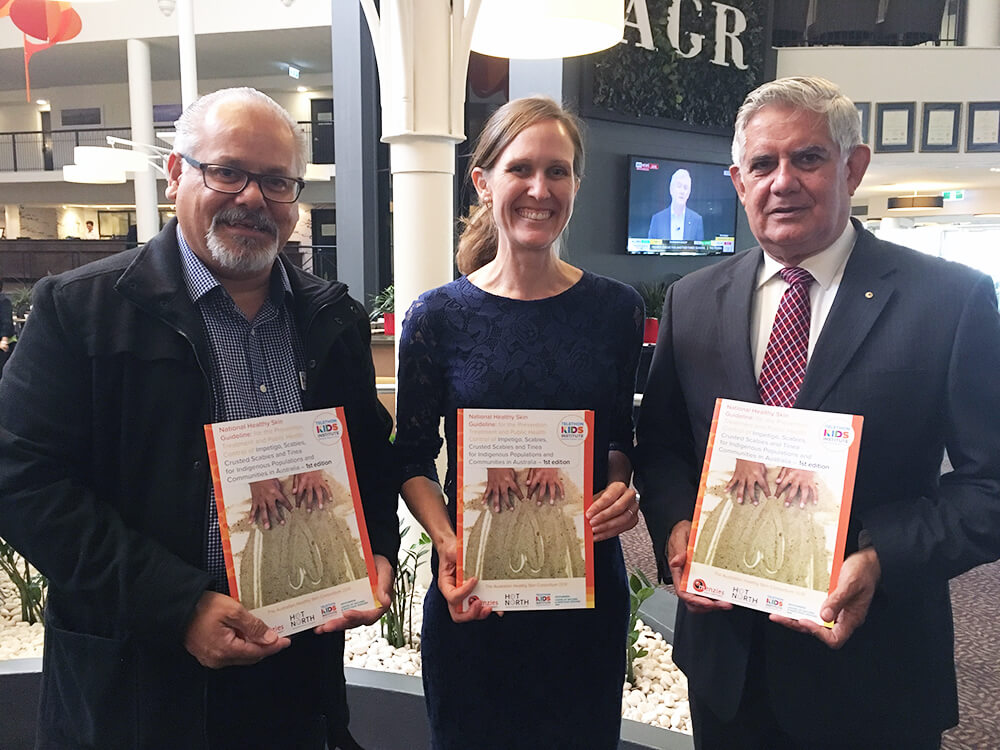
News & Events
National guideline to tackle record rates of skin infectionResearchers have developed the first National Healthy Skin Guideline to address record rates of skin infections in Australia’s Indigenous communities.

News & Events
Co-ordinated approach urgently required to slow progression of antibiotic resistanceAboriginal mum and child
